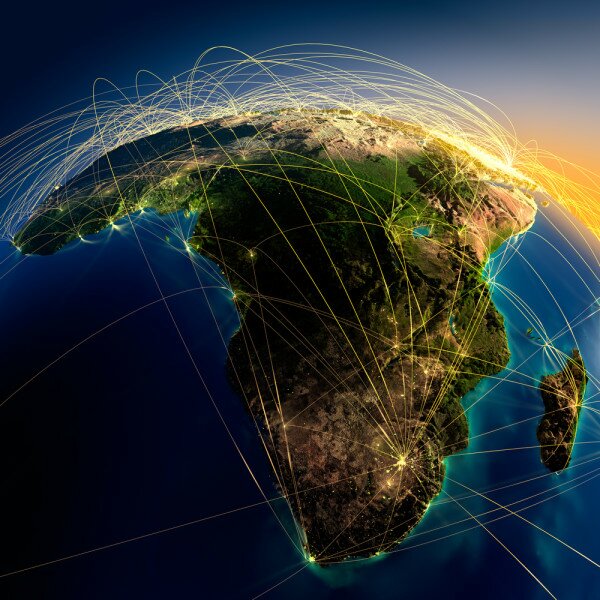
Johannesburg, Lagos and Cairo all rank in the bottom half of cities surveyed for a new report considering ICT usage, infrastructure capacity and affordability of communications in the socio-economic environment worldwide.
The Networked Society City Index 2013 report published by Ericsson studies 36 cities across the world, and considers the state of ICT uptake and infrastructure, with a view to how ICT can be used to improve economies and solve social problems.
Johannesburg ranks 22nd in the index, and is termed the “telecommunications hub of South Africa” with one of the fastest growing GSM markets in the world.
While fixed line broadband penetration and speeds are low, mobile broadband availability and speeds are higher than many of the top performing countries in the index. International broadband capacity is low, the report reads.
Smartphone penetration is average compared to other cities included in the index, but computer usage is “modest”. The report suggests this is directly connected to the lack of fixed line broadband, with mobile access much quicker.
Tariffs are high as compared to income levels, while internet usage and electronic payments are low.
While Johannesburg scores quite badly in the social, economic and environmental elements to the index, the report does point to potential uses of technology to solve these issues. For example, the waste management service of the city has implemented a smart card system to facilitate the dumping of waste at landfill sites.
Cairo comes in 27nd in the index, with ICT having been identified as a priority at the highest level by government in 1999, resulting in the creation of a dedicated minister of communications and information technology.
As a result of the policy push, significant infrastructure investments have been made, achieving a modern infrastructure including ADSL broadband.
On the other hand, the telecommunications sector is dominated by a single telecommunications operator, and the organisation of the sector is very traditional, the report said.
ICT uptake is low in Cairo, but the report suggests citizens are hindered in adopting new technologies by slow economic development.
Nonetheless, the index draws attention to the much publicised role of social media in the Arab Spring uprisings, with Cairo’s population making higher use of social networks and the internet on an individual level than other cities in the index.
While the cost of communications in Cairo is affordable – both for mobile and broadband – the index said there is room for further ICT infrastructure development to spur economic growth, as well as the opportunity for new technologies to solve some severe socio-economic problems in the city, such as bad air pollution and untreated wastewater problems.
Lagos is ranked 29th, with the report noting that despite being one of the biggest cities in the world its poor infrastructure remains a hindrance to business, although much progress has been made in the ICT sector over the past 10 years through some privatisation and managed competition.
ICT usage in Lagos is low, but this is attributable to the poor infrastructure and high costs – one of the highest costs compared to income among cities included in the index – according to the report, with difficulties in connectivity on the telephone network, very weak broadband and slow Wi-Fi.
Nonetheless, there is “a willingness to adapt new technologies and stay connected”, and there have also been multiple examples of young people using social media as a key event management and organisational tool.
Image courtesy of Shutterstock.


















